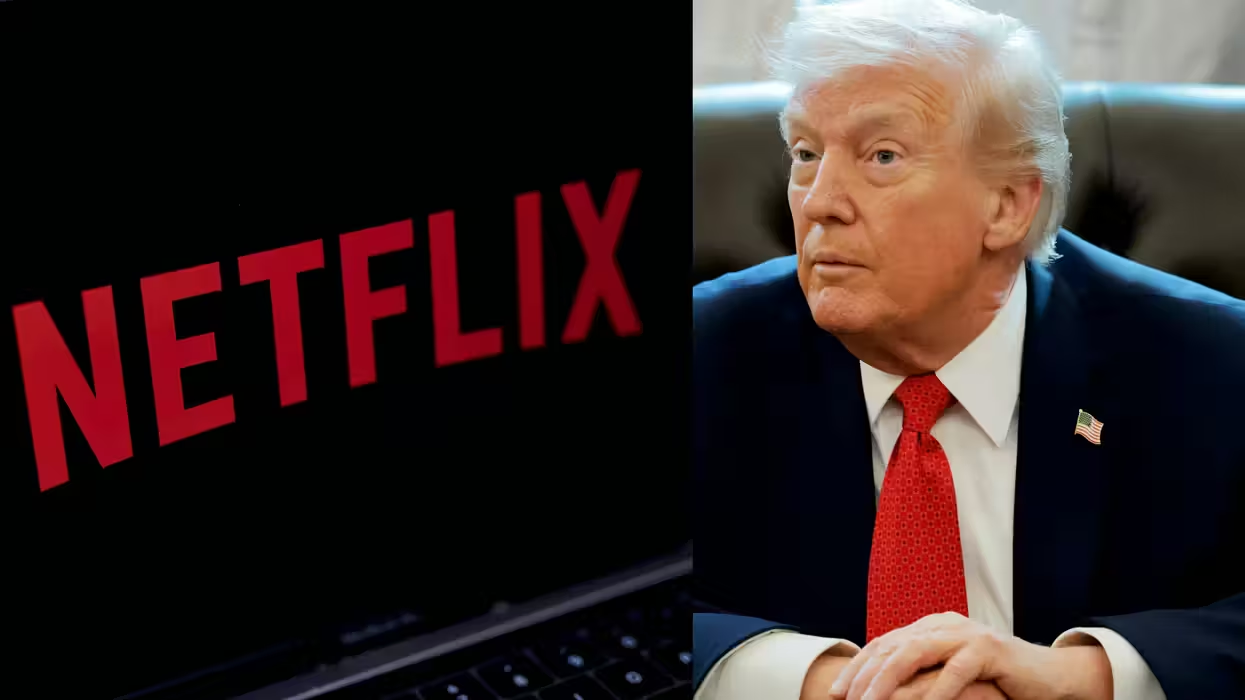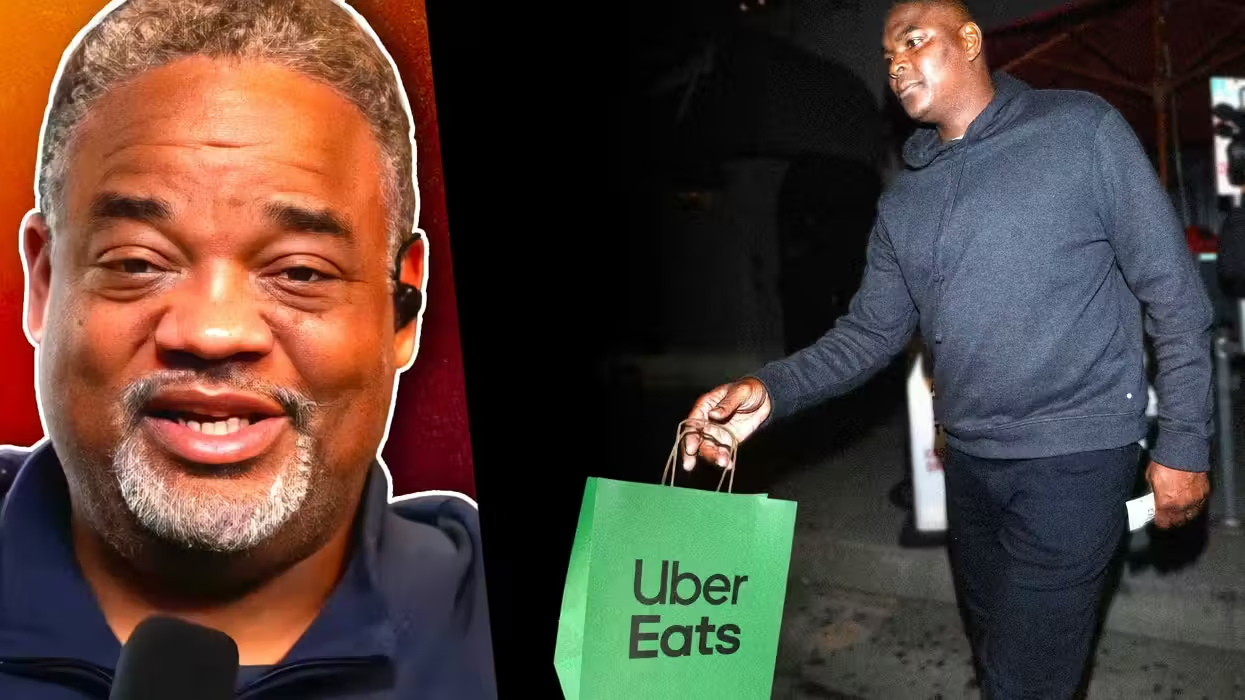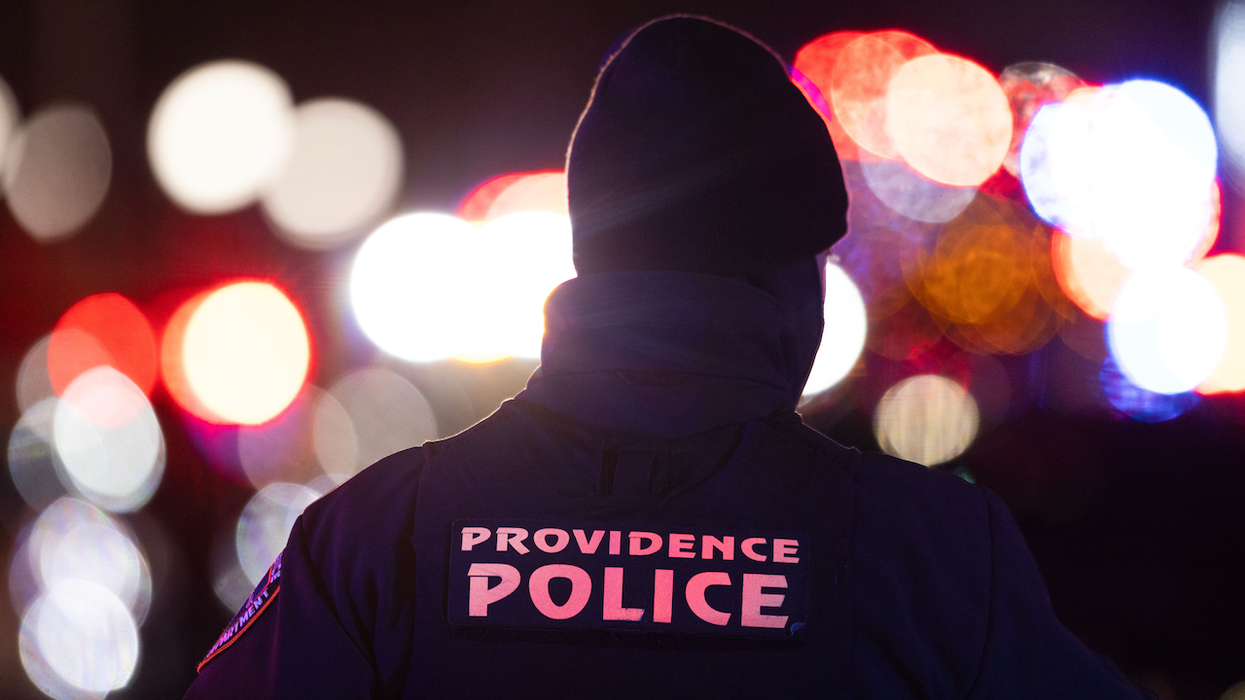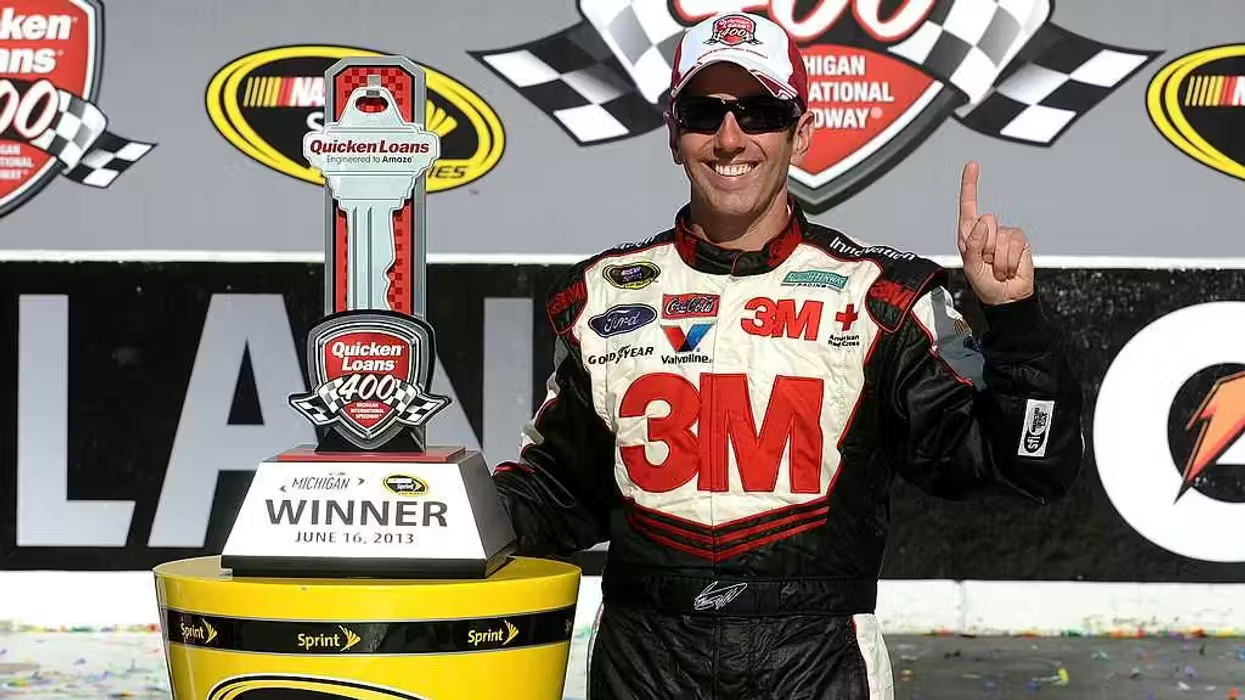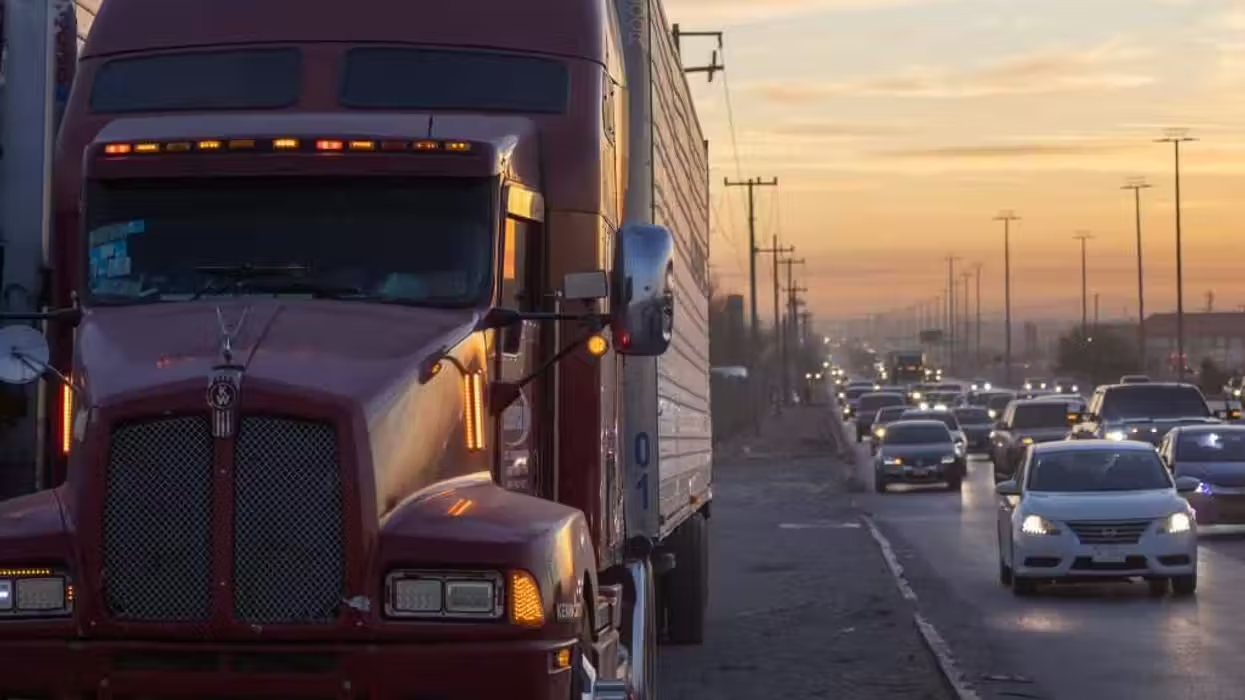A pastor who was turned away earlier this month from helping immigrant children being held at an Arizona detention center said the current border crisis is an opportunity for churches to take back from the government their biblical responsibility to feed the poor.
Pastor Kyle Coffin of CrossRoads Church in Tucson, Arizona, made headlines a few weeks ago when he said the Border Patrol had refused to allow faith leaders to bring food and supplies to the Nogales Placement Center where newly arrived unaccompanied children have been processed and temporarily housed after crossing illegally into the United States.
Coffin, who lives about 60 miles from the Mexico border, called the decision to ban outside clergy, while frustrating, an opportunity for churches to realize that they should be taking the lead in feeding and assisting people in need.
 Young detainees are escorted to an area to make phone calls, June 18, 2014, as hundreds of mostly Central American immigrant children are being processed and held at the U.S. Customs and Border Protection Nogales Placement Center in Nogales, Ariz. (AP Photo/Ross D. Franklin, Pool)
Young detainees are escorted to an area to make phone calls, June 18, 2014, as hundreds of mostly Central American immigrant children are being processed and held at the U.S. Customs and Border Protection Nogales Placement Center in Nogales, Ariz. (AP Photo/Ross D. Franklin, Pool)
"It should, I hope, get the church to sort of wake up and realize that the government has been doing our job for 70 or 80 years," Coffin told TheBlaze, calling on every church in America to consider opening a food pantry for its surrounding community.
Coffin noted that his own church, which sees about 150 to 200 parishioners at weekly services, runs a pantry that feeds 200 people in the Tucson community each week.
Without any government subsidies, CrossRoads Church offers canned food, tomato sauce, soups, pasta, produce and other foods to people in need — enough food for the entire week.
But Coffin and his church members don't only provide material needs; they also counsel families and individuals, offering advice on getting financially on track.
He told TheBlaze that his church, which uses donated food from a local market, is making a big impact and that other houses of worship should follow suit.
"If every church would say, 'I think we can do a food pantry ... we wouldn't have a welfare problem," he said. "Our government would stop feeding people."
Coffin said that he believes the reason the Border Patrol wouldn't allow some faith leaders into the detention center is because officials believe they can do a better job than churches at feeding and helping those in need.
It's unclear why the Border Patrol wouldn't allow church leaders into the Nogales Placement Center, though officials' explanation earlier this month was that there were "unique" challenges making such allowances difficult.
"Due to the unique operational and security challenges of the Nogales Placement Center, religious services provided by outside faith leaders are not possible at this time," a U.S. Customs and Border Patrol representative told Fox News' Todd Starnes. "However, CBP’s chaplaincy program is supporting the spiritual needs of the minors for the limited time they are at the center."
Coffin said he was told specifically that an influx of supplies would create an "inventory nightmare or an administrative nightmare" and that officials would be forced to check everything before it came through.
The government also told Coffin and others that they felt they had everything they needed to meet the kids' needs, though the pastor found himself questioning whether the spiritual needs of the children were being met — something that he said was never clearly answered.
 A group of children and mothers deported from the United States arrive in Guatemala, July 22, 2014. (JOHAN ORDONEZ/AFP/Getty Images)
A group of children and mothers deported from the United States arrive in Guatemala, July 22, 2014. (JOHAN ORDONEZ/AFP/Getty Images)
That said, Coffin didn't suspect that anti-Christian sentiment was at play.
"I don't think it was an anti-Christian sentiment. I know that would make a good news story, but at the time they were not even letting congressmen in," he said. "They wanted to control it from within."
Recent reports have indicated that the Nogales Placement Center is being phased out as the government continues to grapple with the processing of thousands of illegal immigrants coming over the border from Centeral America.

 Young detainees are escorted to an area to make phone calls, June 18, 2014, as hundreds of mostly Central American immigrant children are being processed and held at the U.S. Customs and Border Protection Nogales Placement Center in Nogales, Ariz. (AP Photo/Ross D. Franklin, Pool)
Young detainees are escorted to an area to make phone calls, June 18, 2014, as hundreds of mostly Central American immigrant children are being processed and held at the U.S. Customs and Border Protection Nogales Placement Center in Nogales, Ariz. (AP Photo/Ross D. Franklin, Pool)

